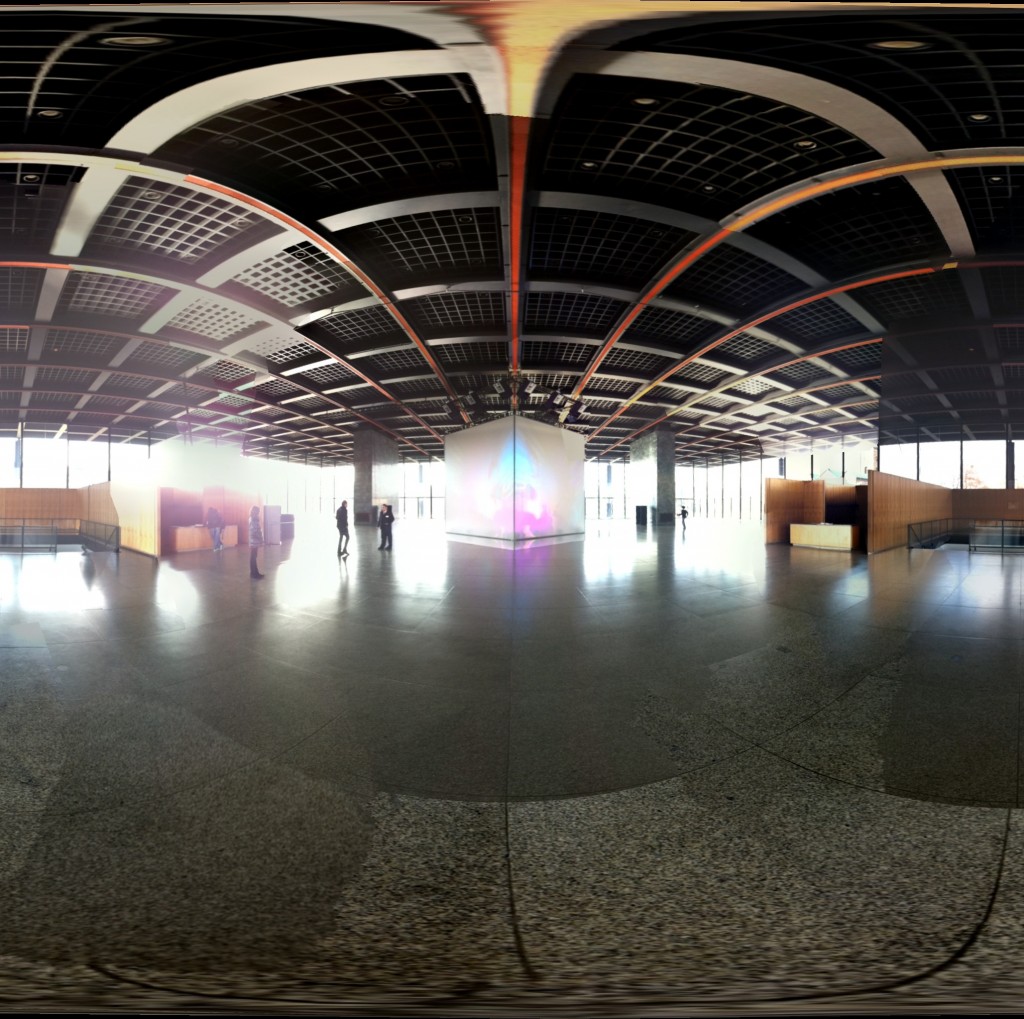So I’ll now take a deep breath and post the first edible fruit of my labor. The performance is of course imperfect, since I’m not an actual pianist, and the piece should also be considered a draft, as there are places where it still needs editing. But I do hope it manages to cross the threshold into music.
- Equalizing I (Tone pattern)
- Second phases
- Equalizing II (Clockwork)
- Night train
- Equalizing III (Indonesia)
OK, some liner notes.
Equalizing is in five movements, where the first, third and fifth are variations I, II and III on a central idea, while the second and fourth are interludes.
The ascending octave tone pattern in the variations is something from childhood. It was an analog equalizer, one of our pieces of stereo equipment, which when put in tone generator mode would light up the sliders in sequence while playing the progression of octaves, from a bass you felt in your stomach to an inaudible dog-whistle. Sometimes when we’re young we become obsessed with apparently trivial sensations— I remember watching our kids at the beach very slowly dribbling sand through their fingers for hours. I’m not sure exactly what’s going on during these long unprompted meditations which would try the patience of a Zen monk, maybe it’s significant, maybe not. But I certainly remember many of those times. I remember the sense of flow, the engagement of all of the senses at once even when the input was purely visual, or purely auditory. And I remember the limbic power of those intensities, the disembodied yet primary-colored emotion, hypnotic and unregulated. Even the echo of that is a treasure.
Yes, I know I made overmuch use of the sustain pedal.
Connoisseurs of the WPRB school will notice the influences of John Fahey and Guy Klucevsek, as well as Steve Reich and Arvo Pärt. Like the last two, I’ve tried to build around a stripped-down harmonic armature (though I haven’t been as rigorous about sticking to it as those sages). This feels consistent with the octave tone pattern at the core of Equalizing, which on the one hand is trivial in that it lacks any harmonic structure at all. On the other hand, containing nothing but powers of two, it’s neither major nor minor, but hovers behind and above this passing weather in a kind of mathy space beyond sad or happy. Is it just me, or is this naked precursor to tonality already thrumming with feeling?

